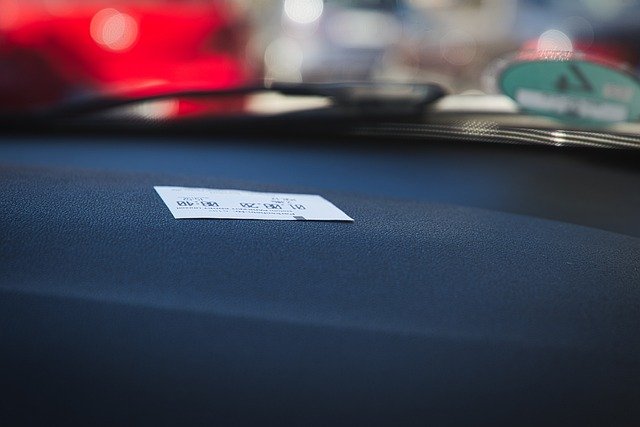Understanding How to Navigate Police Impound Vehicle Auctions for Affordable Cars
For those looking to make a cost-conscious vehicle purchase, police impound auctions can offer a lesser-known alternative to traditional dealerships. This guide explains how individuals prepare for these sales—where vehicles are often sold as-is—including budgeting tips, inspection reminders, and how to research listings or historical data. Learn more about what many consider when evaluating vehicles from online and local impound yards, and how understanding terms and condition reports may help avoid unexpected costs.

What Are Police Impound Auctions and How Do They Work?
Police impound auctions are public sales where law enforcement agencies dispose of vehicles that have been seized, abandoned, or confiscated. These auctions can be conducted in-person or online, with vehicles typically sold “as-is” to the highest bidder. The process usually involves registration, vehicle inspection periods, and competitive bidding among interested buyers.
How to Find and Register for Seized Vehicle Sales
To participate in police impound auctions, start by researching upcoming events through local law enforcement websites, government auction sites, or dedicated auction platforms. Registration typically requires valid identification, proof of address, and sometimes a refundable deposit. Many auctions now offer online registration to streamline the process.
What to Check During Pre-Auction Vehicle Inspections
Before bidding on cheap used cars at auction, thoroughly inspect any vehicle of interest. Key areas to examine include:
-
Vehicle identification number (VIN) and title status
-
Engine condition and performance
-
Body damage and potential repair costs
-
Interior condition and functionality
-
Service history (if available)
-
Tire condition and brake system
Understanding Auction Terms and Bidding Procedures
Successful bidding requires familiarity with auction terms and conditions. Most police impound auctions require immediate payment upon winning, with payment methods limited to cash, certified check, or wire transfer. Buyers are typically responsible for vehicle removal within 24-48 hours of purchase.
Essential Tips for First-Time Auction Buyers
Research historical auction prices for similar vehicles to establish realistic bidding limits. Bring a mechanic during inspection periods if possible. Remember that vehicles are sold without warranties, making thorough inspection crucial. Set a firm budget and factor in additional costs like repairs, registration, and transportation.
Comparing Auction Prices and Market Values
| Vehicle Type | Average Auction Price | Typical Market Value | Potential Savings |
|---|---|---|---|
| Sedans | $2,000 - $4,000 | $5,000 - $8,000 | 40-50% |
| SUVs | $3,500 - $6,000 | $8,000 - $12,000 | 45-55% |
| Trucks | $3,000 - $5,500 | $7,000 - $11,000 | 35-45% |
| Luxury Cars | $5,000 - $10,000 | $15,000 - $25,000 | 50-60% |
Prices, rates, or cost estimates mentioned in this article are based on the latest available information but may change over time. Independent research is advised before making financial decisions.
While police impound auctions can offer substantial savings on vehicle purchases, success requires careful preparation, thorough inspection, and disciplined bidding. Understanding the process, risks, and potential costs helps ensure a positive buying experience. Remember that vehicles are sold as-is, making due diligence essential before participating in any auction.




